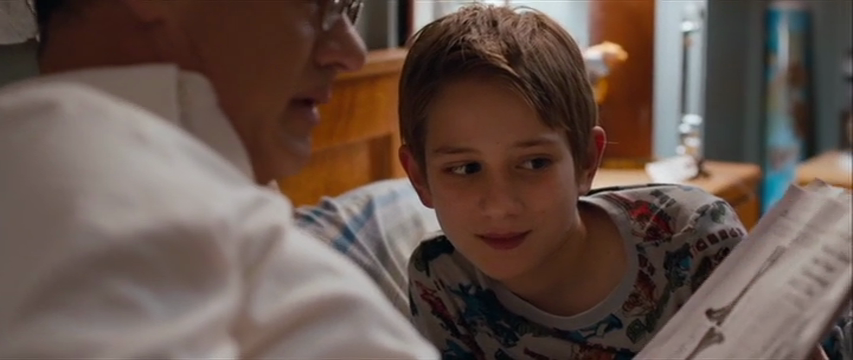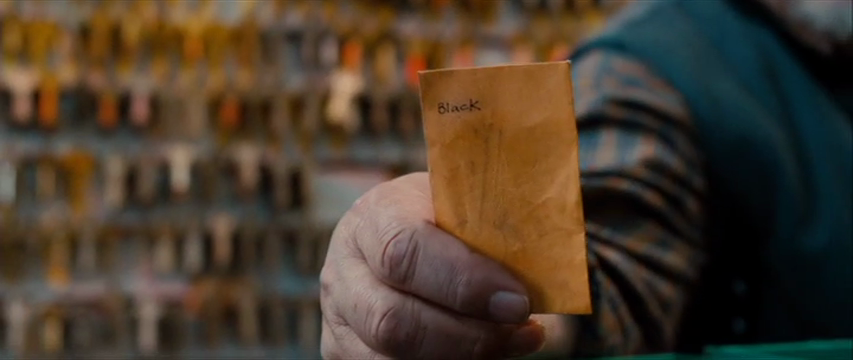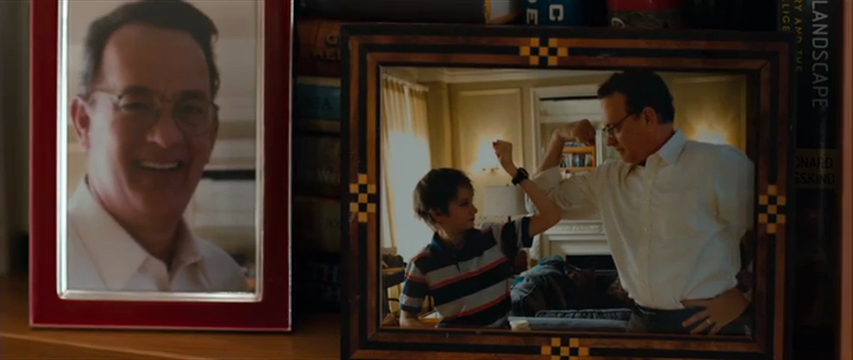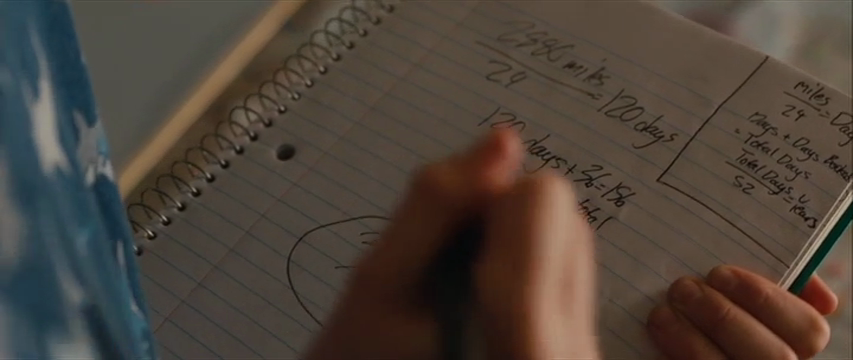BUY NOW FROM AMAZON: CLICK HERE! 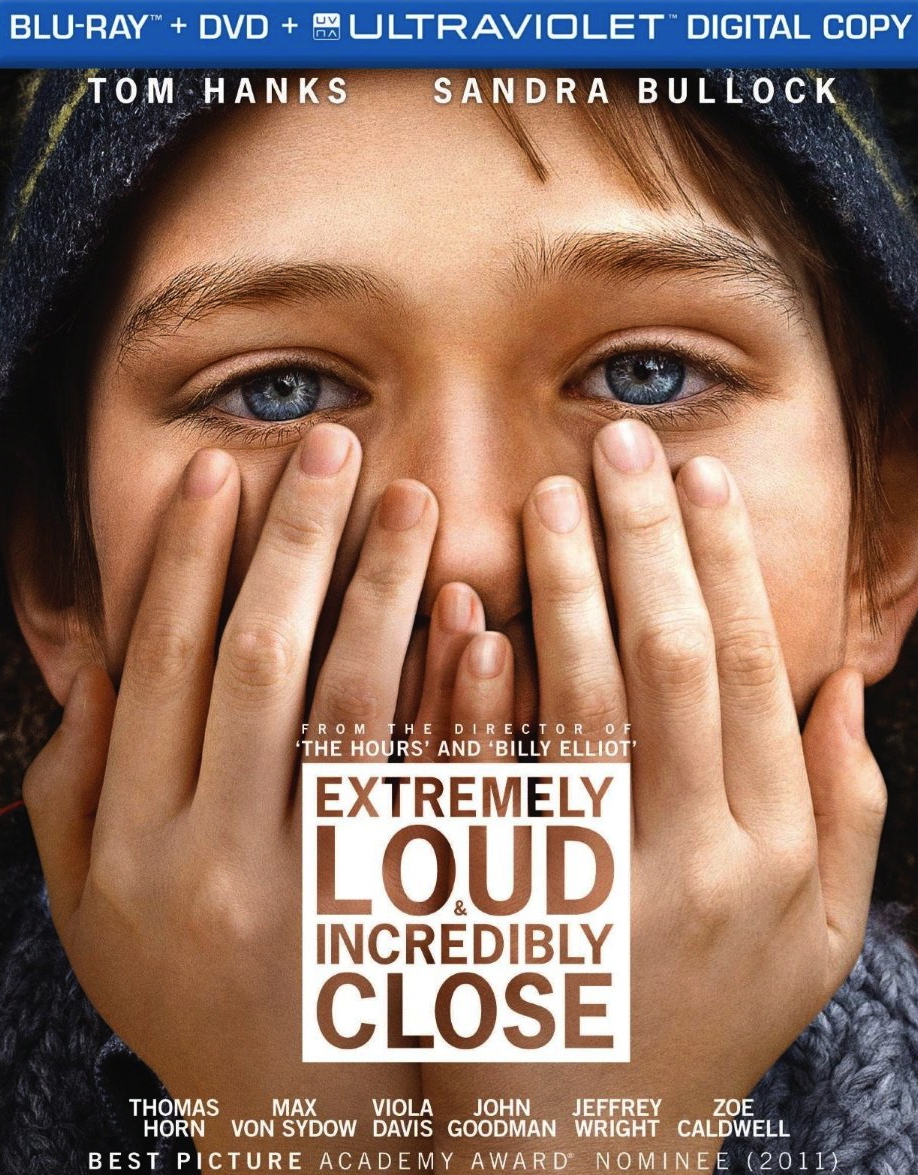
STUDIO: Warner Home Video
MSRP: $35.99
RATING: PG-13
RUNNING TIME: 129 minutes
SPECIAL FEATURES:
- “Making Extremely Loud & Incredibly Close“
- “Finding Oskar”
- “Ten Years Later”
- “Max Von Sydow: Dialogues with the Renter”
The Pitch
An adaptation of the acclaimed novel that misguidedly captures the whimsy and charm of tragedy.
The Humans
Tom Hanks, Sandra Bullock, Thomas Horn, Max von Sydow, Viola Davis, John Goodman, Jeffery Wright, and Zoe Caldwell.
The Nutshell
Clever filmmaking and fairy tale story telling aren’t necessary the best tools for a movie about 9/11’s wake, and this movie is the proof.
The Lowdown
Extremely Loud & Incredibly Close dramatizes a nation’s pain — if you could imagine harnessing such emotion — in what is probably the worst way possible: sentiment. Generally reserved for melodrama, nostalgia, and Hallmark cards, sentimentality forces its way into art, much to the chagrin of an audience looking for actual analysis or, almost in spite of sentimentality as a whole, emotion. It cheapens its subjects and makes a mess of difficult ones. Not exactly the type of thing one looks for in a film about 9/11, which Extremely Loud & Incredibly Close happens to be.
It’s not too much of a surprise that such a whimsical idea fell to the magnitude of its conceit. A boy engaging on an extended treasure hunt to reconnect with his dead father sounds more like fairy tale bildungsroman than a telling exploration about a city marred with tragedy. Extremely Loud works itself from personalized drama to overblown manipulation somewhere around the time our young narrator starts marching throughout New York City, gathering grief samples from a cross section of New Yorkers. The film’s wonderment exploits the tragedy for nothing more than couple of jerked tears and a baited Oscar.

It’s never really established whether or not the Renter can speak, because Oskar never stops talking.
Oskar Schell (Horn, in a fantastic first performance), a quiet, alienated child from Manhattan, can’t find logic in a world that took his father (Hanks) on 9/11. But his father wasn’t just jewler, he was everything to Oskar; the perfect father and deviser of a host of treasure hunts with hopes of breaking Oskar out of his shell (See what they did there?).
After the funeral, Oskar pieces together a quest when he finds a hidden key inside in his father’s effects. The key leads him to the name “Black” and interviews with all 400 or so New Yorkers sharing the name. Most importantly, the quest forces Oskar to face everyone of his 10,000 fears.
So he searches tirelessly. Who is Black? What does the key open? What is his father trying to tell him? Daldrey knows the key doesn’t open anything, though; it’s a plot device, a nudge out the door. The key opens Oskar to the plot, yet the key, his maps, and obsession with knowing everything resembles fairy tale literature all to closely. Daldrey faces the audience with a fool proof plans for tears (a helpless child, a broken mother, a shattered family) and builds their hope with grand score by Alexandre Desplat and a perfectly packaged ending. By creating a magical world out of post-9/11 New York, Extremely Loud sucks the audience in with its cuteness (again, not something someone looks for in a movie about 9/11) and sucker punches them with sentiment.
Daldrey directs with too much complexity for a subject so raw. He and screenwriter Eric Roth (Hollywood’s reigning king of slightly mentally challenged main characters and emotional looks at history) devise a story where everything fits in place. Thomas, a perfect father and wholly unrealistic person, needlessly taken in 9/11; Oskar, on top of being a young boy who’s father is robbed of him, holds crippling anti-social tendencies; his mother a nervous wreck and understandably so. They all work to get the audience crying, making things appear too cute and perfect before the tragedy, as if we’ll need help understanding its severity afterwards. Daldry force feeds emotion, rather than allowing it to grow organically and ruins the film in the process.
Extremely Loud & Incredibly Close remains far too over-directed and over-scored to actually hit the points it needs. Rather than exploring the nation’s grief through a young boy’s personal journey, Oskar attempts to channel everyone’s in his confusion, anger, and sadness. It never really pulls through, though. Instead, Daldry takes on too much and exploits 9/11’s after shocks. The director looks at something heinous through the eyes of an innocent and balls the audience over in sadness, leading to the happy ending no audience member actually recieved.
The Package
Extremely Loud & Incredibly Close shows off best intentions in its special features; at least, when the crew isn’t congratulating each other. The first Making Of featurette spends time interviewing with the cast and crew praising Daldrey, Hanks, Bullock, Horn, and costume designer Ann Roth. As Bullock gushes about Daldrey and Hanks, she explains how the film guides our emotions. Her character is designed to be broken. Oskar is designed to be inquistative. Thomas is designed to be perfect. It’s a layout for how we should feel and when we should feel it.
Finding Oskar follows the formation of the character, both for adaptation and casting. It’s more praise, but, in this case, very much deserved. Horn’s performance and role in the film imbues it with much of its energy. For a young, inexperienced actor it is an impressive feat.
Ten Years Later explores on set coincidences, in which the picture of a real 9/11 victim created various connections among the film crew and the audience. An incredible story that hopes to justify the film’s interconnecting plot strands.
Max von Sydow: Dialogues with the Renter seems like a huge missed oppurtunity. Sydow’s son guides on the process of his father’s craft–well, sort of. Cedric Brelet von Sydow follows the production as his father talks in brief about the places he doesn’t recognize and a sandwich he’s about to eat. It would be nice to get a little bit more insight from the ledgendary actor, but with a film this contrived, exploitative, and ultimately empty, what more could you expect?
Rating: 




Out of a Possible 5 Stars

